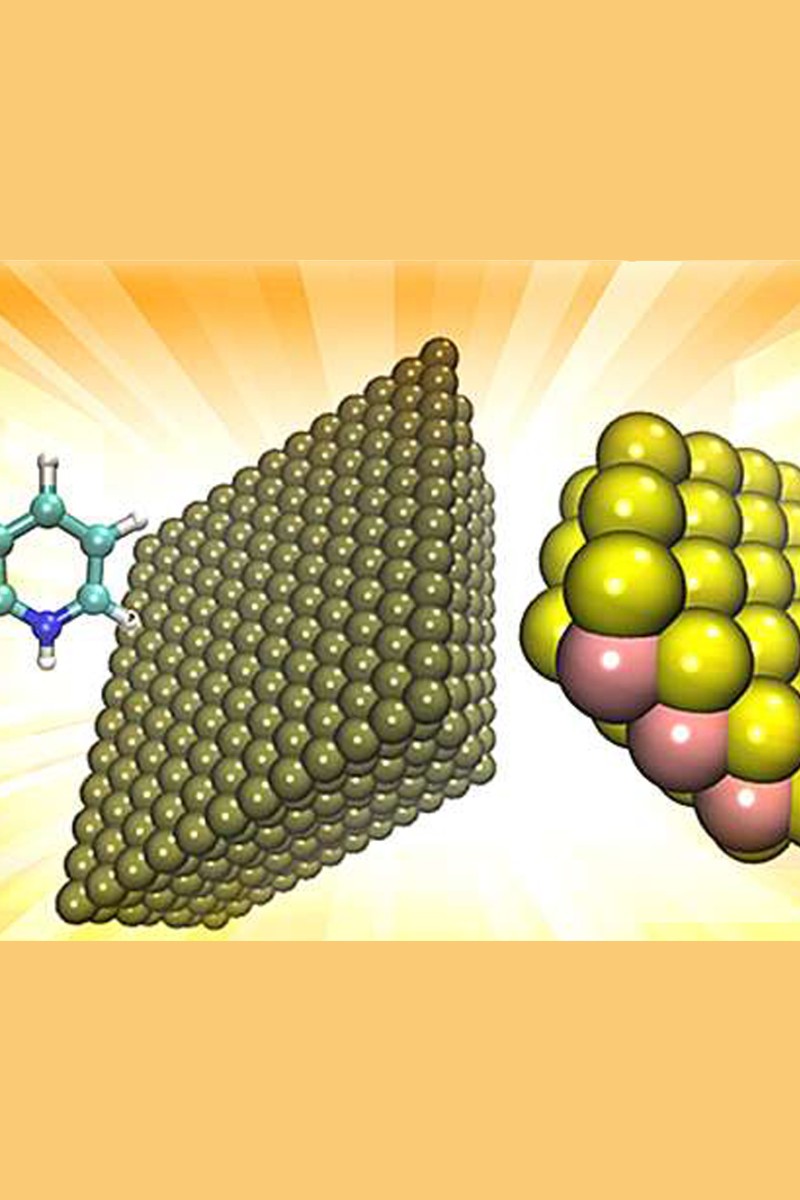
Finding the energy to solve our power problems
More technology in our lives means we need smarter power solutions
 Finding an efficient way to produce energy in large quantities will help power new technologies and lessen the environmental impact of fossil fuels.
Finding an efficient way to produce energy in large quantities will help power new technologies and lessen the environmental impact of fossil fuels.How will we store energy in the future? Rechargeable batteries are fairly common now, but better, cheaper ways to store energy on a large scale are needed.
Fossil fuels play a key role in economic development. However, the negative environmental impacts of such energy sources have led to renewable alternatives, such as solar, wind and tidal power.
These alternatives face a common problem. The energy sources are often unreliable.
To overcome this problem, we need a system to store the excess energy when the supply is high, and release the energy back when the supply is low.
Power plants use large-scale storage facilities such as pumped hydroelectric energy storage to collect excess energy. Lithium-ion batteries are commonly used in portable devices, such as mobile phones and laptops.
However, these technologies often face problems, like geographical constraints, poor storage capacity and potential environmental hazards. That’s why scientists are trying to develop the next generation of energy-storage technology.
When fossil fuel is burned, chemical energy stored in the fuel is released along with low-energy molecules, for example, carbon dioxide (CO2). But what if we could supply energy to CO2 and efficiently convert it back to simple hydrocarbon fuels, such as methane, methanol and ethanol?
This option provides a scheme for high-density energy storage, so a lot of effort has been invested into the efficient conversion of CO2 to hydrocarbon fuels, and there has been great progress.
Hydrogen is another promising option. Hydrogen fuel has no harmful emissions – water is the only by-product. The process involves splitting water to produce hydrogen and oxygen molecules. Hydrogen molecules are then collected as the hydrogen fuel. However, the reaction needs a suitable catalyst to be efficient – this is an area of intense research. As hydrogen is flammable, special care needs to be taken to store and deliver it safely.
New technologies for storing renewable energy are crucial for a more sustainable future, and we need to put a great deal of effort into tackling the energy and environmental problems of the 21st century.